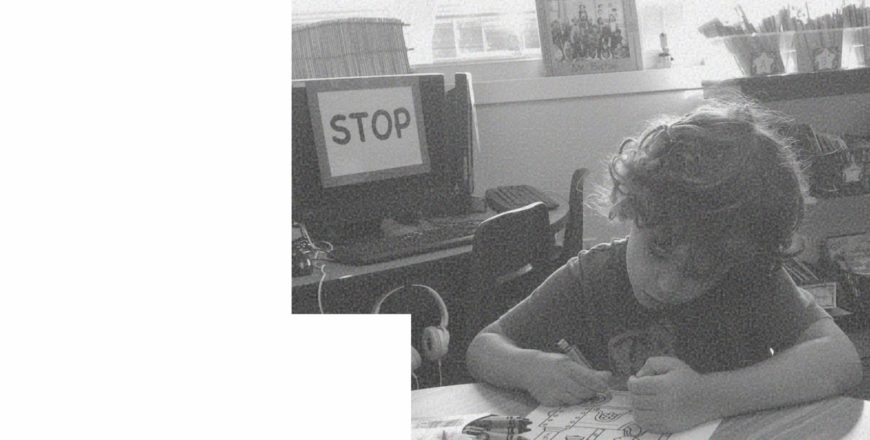
Jewish Education and the Pandemic
The surprising success of day schools in a time of crisis.
Jewish day schools are in the news. Some of the attention comes in the form of negative publicity about health risks that schools in the more insular sectors of Orthodoxy have taken to keep classes in session during the COVID-19 pandemic. On a more positive note, day schools with a more modern orientation have received praise for doing an unusually good job of helping their students get through the spring lockdowns—and, where possible, for how rigorously they planned and executed reopening the current school year. Their efforts seem more successful than those of many public and nonsectarian private schools. These achievements have not been lost on parents, including some who had not enrolled their children in the past but over the summer showed new interest. Why day schools have done well and what parents are seeing when they give them a second look is a story that can be understood only in the context of their significant, yet largely unremarked, educational transformation over the past two decades.
Numbering some 427 separate institutions, modern Jewish day schools range ideologically from the Modern Orthodox to those affiliated with the Conservative and Reform movements. They also include pluralistic community schools that are committed to exposing their students to the spectrum of Jewish viewpoints, including secular Jewish identification. All regard the inclusion of a robust general-studies education as nonnegotiable; all identify positively with Zionism and Israel; and it seems that all are affiliated with Prizmah: the Center for Jewish Day Schools, the umbrella organization offering support services and training programs for administrators, boards, and teachers. (In all three of these ways, they differ from the more insular Orthodox yeshivas, and therefore we’ve excluded the latter from this discussion.)
Despite their ideological differences, Jewish day schools share two additional common characteristics. They offer a mix of Jewish and general-studies classes; and with few exceptions, they enroll only students being raised as Jews. These distinguishing features have prompted criticism over the years. How, skeptics ask, can day schools possibly offer a strong academic education in the STEAM subjects—science, technology, engineering, arts (including humanities, language arts, dance, drama, music, visual arts, design, and new media), and math—when they set aside anywhere from two to four class periods each day to teach Hebrew language skills and Jewish subject matter? The exclusiveness of day schools also has elicited criticism from those convinced that if Jewish adults are to contribute to the civic life of this country, they must be educated side by side with classmates of other ethnic and religious backgrounds during their school years. “How else will they learn tolerance?” they ask.
Read the full article in Commentary Magazine




